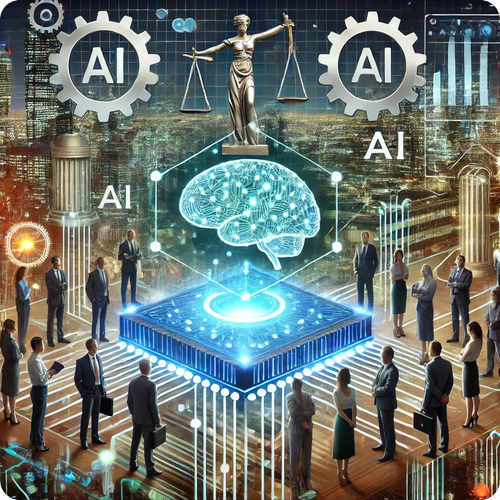Artificial Intelligence (AI) is transforming industries and reshaping how we live and work. However, this rapid advancement comes with significant ethical, social, and economic challenges. Governments worldwide are stepping in to regulate AI, aiming to balance innovation with accountability.
The Rise of AI and Its Impacts
From autonomous vehicles to personalized healthcare, AI has proven its potential to revolutionize various sectors. In 2023 alone, global investments in AI technologies exceeded $100 billion. However, with great power comes great responsibility, and concerns about misuse, bias, and job displacement are growing.
Facial recognition systems, for instance, have faced backlash for inaccuracies and privacy violations. Similarly, generative AI models like GPT have raised questions about misinformation, plagiarism, and the ethical boundaries of content creation.
Government Responses
In response to these challenges, governments are introducing regulations to ensure AI development aligns with societal values. The European Union has been at the forefront with its proposed AI Act, which categorizes AI systems based on risk levels. High-risk applications, such as those in healthcare and law enforcement, will require stringent oversight.
The United States, meanwhile, is pursuing a sector-specific approach, focusing on transparency and accountability. China has also introduced guidelines emphasizing ethical AI practices, aiming to lead the global race in AI while addressing public concerns.

Tech Giants Under the Microscope
Major tech companies, including Google, Microsoft, and OpenAI, are under scrutiny for their role in shaping AI’s future. Critics argue that these corporations wield disproportionate influence over the technology, often prioritizing profits over public good.
OpenAI’s CEO, Sam Altman, has testified before the US Congress, advocating for a balanced approach to regulation. “Regulation is essential,” he stated, “but it must not stifle innovation.” Similar sentiments have been echoed by other industry leaders.
Striking the Right Balance
The challenge lies in creating policies that foster innovation while mitigating risks. Experts suggest collaboration between governments, academia, and industry to develop ethical frameworks and technical standards.
Public engagement is also crucial. As AI becomes more integrated into daily life, citizens must understand its implications and participate in shaping its governance.
AI is a powerful tool with the potential to address some of humanity’s greatest challenges, from climate change to healthcare disparities. However, its development must be guided by principles of fairness, transparency, and accountability. The coming years will be pivotal in determining whether AI becomes a force for good or a source of unforeseen consequences.




